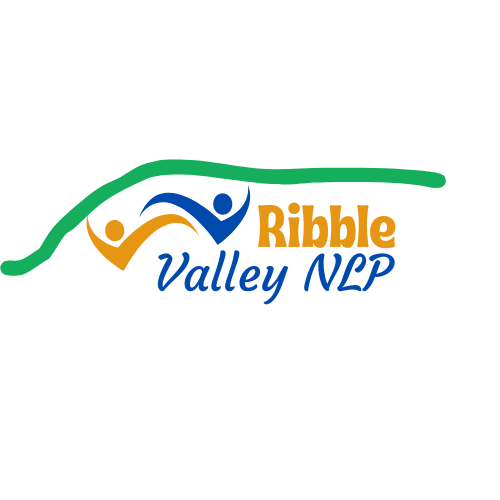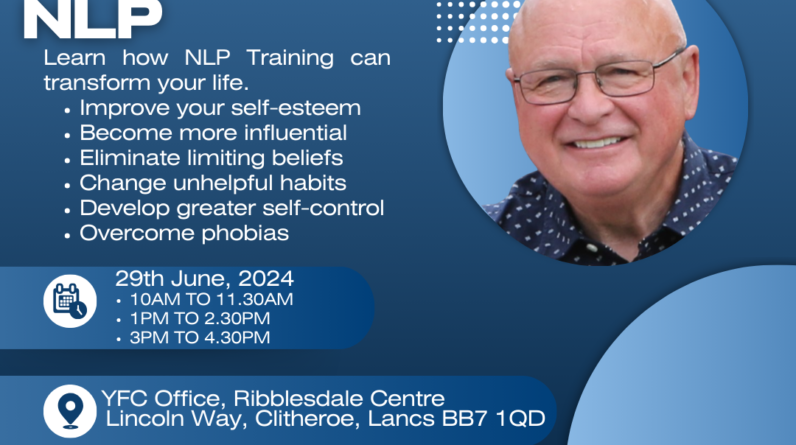
Are you interested in expanding your knowledge and understanding of Neuro-Linguistic Programming (NLP)? Look no further than the NLP Diploma, a comprehensive program designed to introduce you to NLP’s key concepts and techniques. With twelve components covering rapport building, anchoring, and reframing, this diploma will provide the foundational knowledge needed to enhance your communication skills, personal development, and success in all areas of your life. So, get ready to embark on an exciting journey of exploration and discovery with the NLP Diploma.
NLP Diploma

What is an NLP Diploma?
Definition of NLP Diploma
The NLP Diploma is a certification program that provides individuals with a comprehensive understanding of Neuro-Linguistic Programming (NLP). NLP is a powerful personal and professional development approach focusing on the relationship between thoughts, language, and behaviour. This diploma helps individuals learn and apply various NLP techniques and principles to enhance their communication skills, improve their mindset, and achieve their goals.
Importance of the NLP Diploma
The NLP Diploma is essential to individuals who want to accelerate their personal growth, communication skills, and professional success. The Diploma provides a structured framework for learning and applying NLP techniques in the real world, allowing individuals to deeply understand their own minds and how they influence their thoughts, emotions, and actions. By obtaining an NLP Diploma, individuals will gain the knowledge and skills necessary for self-improvement, effective communication, and overall personal and professional success.
Some benefits of the NLP Diploma
There are numerous benefits to obtaining an NLP Diploma. Firstly, it allows individuals to comprehensively understand NLP techniques, principles, and the NLP communication model. This knowledge enables individuals to develop self-awareness, improve communication skills, build rapport with others, and achieve their goals effectively. Additionally, the NLP Diploma equips individuals with tools to overcome limiting beliefs, cultivate confidence and resilience, and enhance their leadership capabilities. It also opens up opportunities for individuals to pursue a career as an NLP Practitioner, and helping others achieve their true potential.
NLP Techniques
Overview of NLP techniques
NLP techniques are tools and practices that explore and change thought, language, and behaviour patterns to achieve personal and professional growth. These techniques draw on various psychological and linguistic principles to help individuals understand their concious and unconcious thinking processes to develop strategies for positive change.
Example NLP techniques
There are several standard NLP techniques that individuals can learn through an NLP Diploma program. Some of these techniques include:
Anchoring: This technique involves associating a specific mental or physical state with a trigger, such as a touch or a word, to access that state whenever needed.
Reframing: Reframing involves changing the meaning or perspective of a situation or experience, thereby altering one’s emotional response and behaviour.
Visualisation: Visualisation techniques use the power of the mind to create mental images of desired outcomes, helping to enhance motivation and goal achievement.
Rapport building: Specific NLP techniques can establish rapport with others by mirroring their body language, tone of voice, and language patterns, thus creating a deeper connection and understanding.
Application of NLP techniques
NLP techniques can be applied in various aspects of life. They can be used to improve communication skills, build better relationships, and enhance personal growth. NLP techniques are also valuable in the business world, where they can be used to improve leadership skills, negotiation abilities, and persuasive communication. Additionally, NLP techniques can be utilized in therapy and counselling settings to help clients overcome limiting beliefs, manage emotions, and achieve personal transformation.
The NLP Communication Model

Understanding the NLP communication model
The NLP communication model is a framework that explains how individuals process and interpret information during communication. It sheds light on how our thoughts, language patterns, and behaviours influence our understanding and response to the messages we receive.
Components of the NLP communication model
The NLP communication model consists of several components. Firstly, it starts with the external event or situation, which serves as a trigger for communication. This triggers our internal representation, which involves how we mentally process and interpret the event based on our previous experiences, beliefs, and values. Our internal representation affects our physiology, emotions, and behaviours, leading to our response or reaction. This response further affects the external world, creating a feedback loop.
Applying the NLP communication model in everyday life
By understanding the NLP communication model, individuals can gain greater awareness of how their thoughts, language, and behaviours impact their communication. This awareness allows individuals to make conscious choices in their communication, leading to more effective and meaningful interactions. By recognizing their internal representation and considering the perspectives of others, individuals can improve rapport, resolve conflicts, and communicate more authentically.

